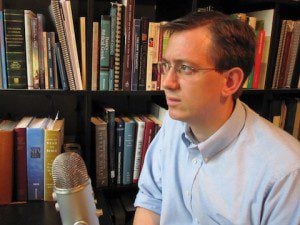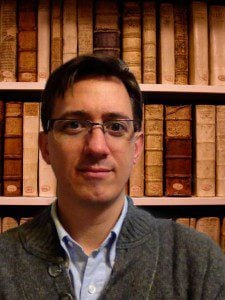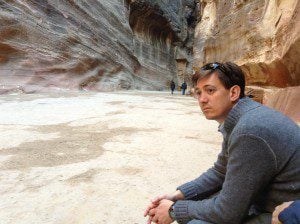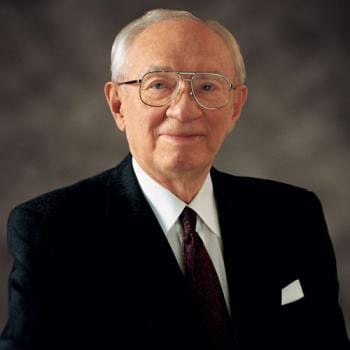 Benjamin the Scribe takes its inspiration from Nehemiah 8:8. When the Israelites returned to Jerusalem after 70 years in Babylon, Aramaic had become their native language and they could no longer understand their Hebrew scriptures. Scribes arose to bridge this gap in understanding.
Benjamin the Scribe takes its inspiration from Nehemiah 8:8. When the Israelites returned to Jerusalem after 70 years in Babylon, Aramaic had become their native language and they could no longer understand their Hebrew scriptures. Scribes arose to bridge this gap in understanding.
They read aloud from the scroll, from the Torah of God, translating and explaining the meaning, so [the people] understood what was read.
As an undergrad, Ben set aside his medical aspirations after falling in love with the Hebrew Bible/Old Testament. He spent a semester in Jerusalem and graduated BYU in Near Eastern Studies before pursuing graduate work in Semitics at the University of Chicago (Hebrew, Aramaic, Arabic, Assyrian, Babylonian, Ugaritic, and others).
After a MA and several frustrating years in pursuit of a PhD, he shifted to taking a support role in his wife’s pursuit of a PhD, while working part time and taking pre-medical courses. In 2016, he formally returned to academia as a PhD student at Claremont, studying history of religion and science, with a focus on the interpretation of Genesis, fundamentalism, creationism, and religious opposition to evolution. He is currently writing a book on the challenge of scripture, creation, and Genesis 1. Click here if you’d like to learn more about his studies and help pay his tuition.
Ben’s teaching experience includes several semesters at BYU as well as nearly a decade as a volunteer Institute teacher. He has published in BYU Studies, Religious Educator, Religion & Politics, and with the Maxwell Institute, blogged for a decade at various places (See Ben’s Other Writings). He participates regularly in academic conferences, speaks at firesides, guest lectures, etc. Below are some of his more important pieces.

You can support Ben’s work by buying the books he links to on Amazon. (I am a participant in the Amazon Services LLC Associates Program, an affiliate advertising program designed to provide a means for sites to earn advertising fees by advertising and linking to Amazon.com) You can also support his research directly via the PayPal button with a one-time or monthly donation.
Ben can be contacted at [email protected]



